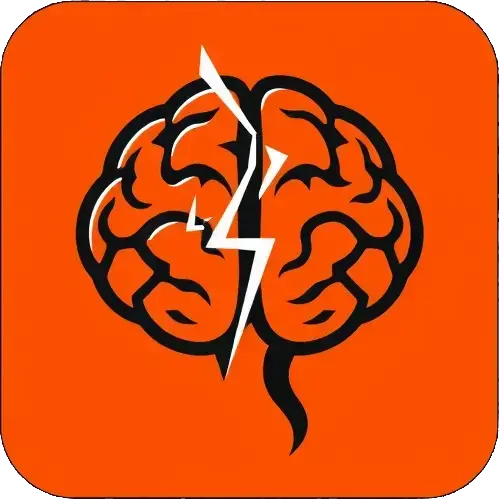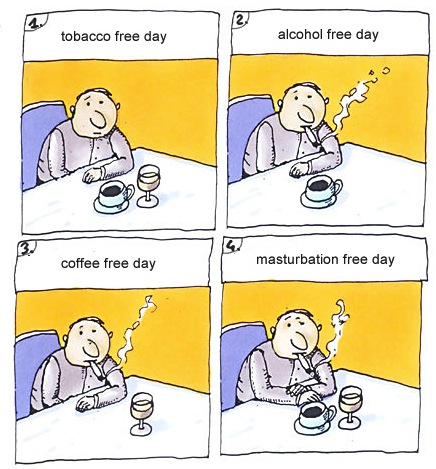

I think that back then, people defined pedophilia in terms of the perpetrator’s attraction, not in terms of impact to the victim. Essentially, “is it weird for the adult to be attracted to their body?” more than, “would the young person be harmed, physically or emotionally, by sex?” Now we are more evolved.
Back when I was a kid, pedophilia meant what she said - attraction to a prepubescent child. If someone was an adult who thought a physically developed 15-year-old was sexy, that was just logical. Because their bodies had secondary sex characteristics. (It wasn’t considered a good idea to actually have sex with them, at least from what I could see. Maybe in Azalia’s experience it was considered OK.)
But if an adult thought that a flat and hairless child was attractive, that was messed up on their part. The same way people think that furries or scat play or other fetishes were messed up. But even more so. There was just nothing to consider sexy about an actual child.
Now, we consider the impact to the victim. Pedophilia is defined as attraction to a victim under the age of consent. Because their brain is not fully developed, their body can’t handle pregnancy, they are socially able to be manipulated, and a host of other reasons.
I am not trying to be accused of being an apologist, but from someone who grew up in the 90s, I find it strange that we use the same word for someone who rapes a toddler, as someone who “statutory rapes” (as it would be called) a 15-year-old. They are both wrong, but it seems to me that one is much worse than the other. Both because of the attraction (or I guess power fantasy) on the part of the adult, and the impact to the victim.
I think Azalia is wrong to say it was always totally fine. But she is right that it was considered right or wrong for a different reason back then. The definition was different.















Saying, “Both these things are bad, and one is worse,” is not the same as saying, “One of these things is more okay than the other.” Neither one is okay.
If we cannot compare bad things without that comparison implying, “one of them is more GOOD than the other,” then all bad things are equally bad. If I said that committing pedophilia is worse than beating your wife, am I now saying that beating your wife is better? What about stealing from the cash register at work, or jaywalking? Are all bad things just equally bad, with no comparison possible, or else we’re praising the virtues of crime?
To your first point, in that sentence I wasn’t talking about actually dating or having sex with the 15 year old. I was talking about looking at them, and thinking they are attractive. So no, nobody would say that the “relationship” was okay, but they wouldn’t roundly condemn someone for being attracted to them, or having the urge to look at them sexually, in their own head.
It used to be relatively acceptable to say something like, “Man, I sure think that 15 year old looks hot, but of course I won’t go anywhere near her, because she is too young,” but never, ever, to say the same about a 5 year old. That first sentiment is the basis of many distasteful songs and jokes and movies. The second one would be met with confusion and revulsion for even thinking it.
And once again, I am not saying that is right. I am just saying how attitudes have changed. For the better. Now we say that even looking at a teenager is wrong. That looking at their body is as bad as looking at a very young child’s body. Because in both cases, it’s not how messed-up you are in the head to even think about it. It’s about how it would harm them to go through with it. And that’s a better attitude.